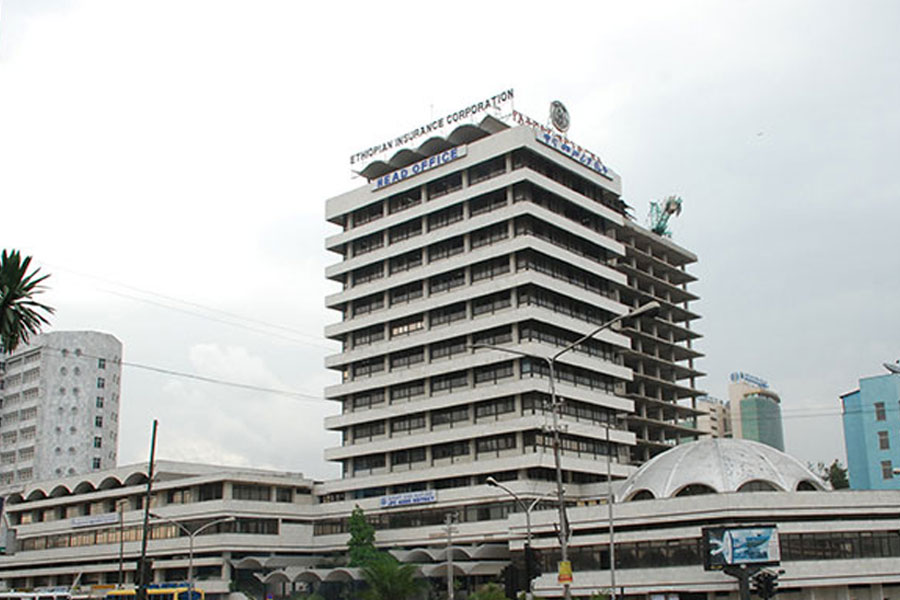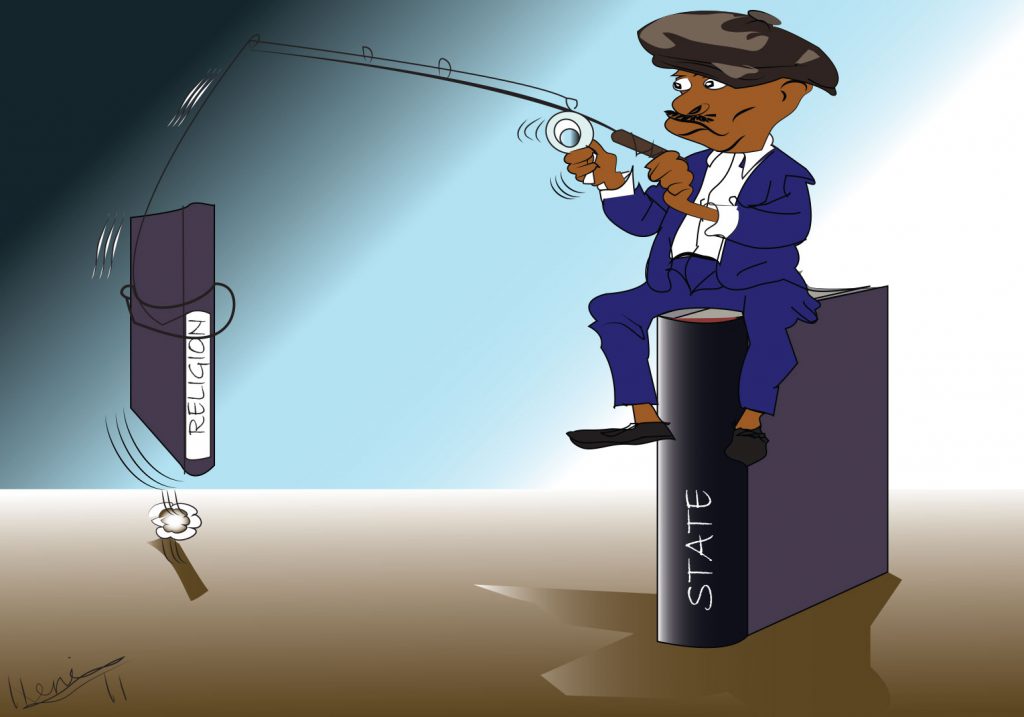
Radar | Dec 05,2020
Jan 5 , 2019
By BERHANE HAILEMARIAM ( FORTUNE STAFF WRITER )
The nation's 13th liquor processing plant is on its way to joining the market with an estimated investment value of 350 million Br in Cheke kebele, Amhara Regional State.
Komari Beverages Plc will be the second liquor factory in Amhara Regional state to be owned by European investors and will have a production capacity of bottling and packaging 27,000 bottles an hour.
The company has already secured four hectares of land for 40 years in Chacha wereda, Cheke kebele, 20Km from Debre Berhan and 110Km north of Addis Abeba.
Komari Beverage secured the land after a competitive bid floated by the Cheke kebele, one of the 19 kebelesin Chacha wereda. Cheke is home to 2,000 people, most of them are farmers. The area is one of the potential areas allotted for manufacturing and agro-processing investments in textiles, food, beverages and poultry.
To lease the land the company presented its business proposal and showed investment capital by submitting its bank statement, according to Tadele Minda, head of the rural land administration office of Chacha wereda.
Chacha wereda, one of the 24 rural weredas in North Shoa, has around 100 investors who have taken land and started developing the area. A dairy processing and Rorank Liquor Factory are among the investments in Chacha.
The company plans to bottle four million litres of whiskey, vodka and rum a year with alcoholic content ranging between 20pc and 40pc in addition to offering a variety of different flavours.
To hire a company that supplies and commissions production lines and trains staff, the company floated a tender in November 2018. Currently, the company is evaluating the offers of two companies, which were eligible for a technical stage. The winning company will also install packaging machinery with accessories.
The company has also hired a local firm that will work on the engineering design of the factory, which will employ a total of 350 employees.
"The construction of the plant will start in half a year," said Ojeuna Mekconenn, deputy CEO of Komari Beverage Plc. "Once the design is done, we will float a tender to hire a company for the civil work."
Nine farmers were relocated to free the land for Komari, which literally means 'alcohol brewer' in Amharic.
"The company has paid the proper compensation to the farmers," said Tadele.
Komari, which acquired a business license in March 2018 from the Ministry of Trade & Industry, will be joining 11 registered alcoholic beverage producers. Of which 10 are found in Addis Abeba, while the rest are in Sendafa Beke, Oromia Regional State, and Chacha, Amhara Regional States.
The pioneer liquor manufacturer, National Alcohol & Liquor Factory, is leading alcohol production in the nation. Established in 1906 by an Armenian entrepreneur, Elias Papassinos, the company has netted 122.3 million Br in profit in the last fiscal year. The company's total sales in the last fiscal year was 607.1 million Br. The company was up for privatisation, and Lominat Beverage Plc made the highest offer of 3.6 billion Br to acquire the factory.
A marketing expert appreciates the entrance of the new foreign direct investment into the country but points out the social effect of alcohol consumption.
"The government should scrutinise policies and regulation on utilisation and promotion of alcoholic products," said Mulugeta G. Medhin, (PhD), a marketing expert for over two decades.
Recently, the government drafted a bill that requires alcohol manufacturers to post warnings stating that consuming alcohol has health hazards and restricts advertisement of alcoholic drinks by time and place. Any drinks with more than 10pc of alcoholic content are prohibited from promoting their products in public spaces, events and holidays, according to the new bill, which is pending in parliament for legislation.
PUBLISHED ON
Jan 05,2019 [ VOL
19 , NO
975]

Radar | Dec 05,2020

Fortune News | Jul 25,2020

Radar | Sep 27,2025

Fortune News | May 08,2021

Editorial | Feb 12,2022

Fortune News | Sep 01,2021

Radar | Jul 06,2019

Radar | Jan 01,2023

Radar | Feb 22,2020

Radar | Nov 07,2020

Dec 22 , 2024 . By TIZITA SHEWAFERAW
Charged with transforming colossal state-owned enterprises into modern and competitiv...

Aug 18 , 2024 . By AKSAH ITALO
Although predictable Yonas Zerihun's job in the ride-hailing service is not immune to...

Jul 28 , 2024 . By TIZITA SHEWAFERAW
Unhabitual, perhaps too many, Samuel Gebreyohannes, 38, used to occasionally enjoy a couple of beers at breakfast. However, he recently swit...

Jul 13 , 2024 . By AKSAH ITALO
Investors who rely on tractors, trucks, and field vehicles for commuting, transporting commodities, and f...

Oct 18 , 2025
The political establishment, notably the ruling party and its top brass, has become p...

Oct 11 , 2025
Ladislas Farago, a roving Associated Press (AP) correspondent, arrived in Ethiopia in...

Oct 4 , 2025
Eyob Tekalegn (PhD) had been in the Governor's chair for only weeks when, on Septembe...

Sep 27 , 2025
Four years into an experiment with “shock therapy” in education, the national moo...